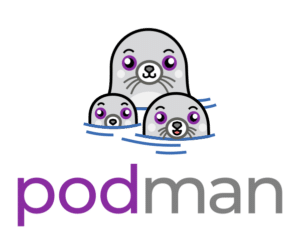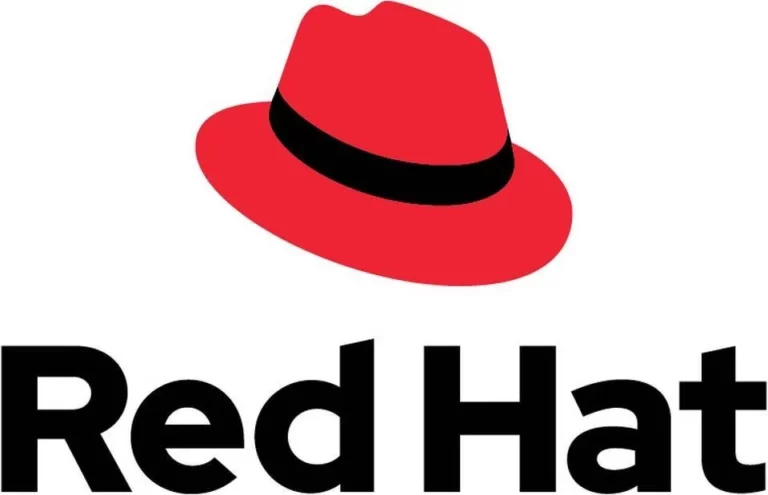We’re excited to announce that qbee.io now fully supports the Red Hat Package Manager (RPM) and Podman, further expanding our platform’s reach across Red Hat-based Linux distributions. Whether you’re an engineer managing edge devices or a manager looking for secure and cost-efficient solutions, this upgrade provides both performance and convenience—saving you time, reducing operational costs, and enhancing security. qbee is a universal device management platform with a strong focus on IoT and automated edge Linux deployments. This makes it ideal for AIOps, DEVOps and other dynamic work flows that involve distributed Linux edge devices.
Why This Matters for Your Business
As we see a growing number of customers adopting Red Hat-based distributions, qbee.io is ready to meet the demand. With RPM and Podman support, we make managing edge devices on Red Hat, CentOS, AlmaLinux, Fedora, and Oracle Linux easier, more secure, and more efficient. For businesses, this means faster deployment cycles, reduced downtime, and simplified IT management. The result? Time and money saved.
Simplifying Software Management in Red Hat Environments with RPM
The Red Hat Package Manager (RPM) is a robust and reliable tool for managing software on Red Hat-based Linux distributions. RPM is the backbone of Red Hat’s software management, providing a powerful way to handle software installations and updates across large-scale systems. Now, with qbee.io’s support for RPM, managing packages across large fleets of edge devices in Red Hat environments becomes simpler, more secure, and fully automated.

Why RPM is Important for Engineers?
In enterprise environments, software management needs to be both efficient and reliable. RPM was designed to handle these demands, especially in large-scale deployments. For engineers managing fleets of thousands of devices, RPM enables the consistent installation of applications and system updates, ensuring that each device is running the same software version across the board. qbee has a seamless integration and utilises the power and reliability of this package manager.
RPM comes with several key advantages:
Consistency: RPM packages are standardized, meaning dependencies are clearly defined and handled. This reduces the risk of version conflicts and broken dependencies that could cripple systems.
Verification: RPM has built-in capabilities to verify the integrity and authenticity of packages. This includes file checksums and GPG signatures, ensuring that software is tamper-free and from trusted sources.
Rollback Functionality: If something goes wrong with an update, RPM allows you to roll back to previous versions of packages, minimizing downtime and avoiding critical system failures.
With qbee.io, managing RPM packages becomes even easier. Our platform enables engineers to remotely deploy and update RPM packages from a centralized dashboard, automating these processes across thousands of devices with just a few clicks. Whether you’re handling security patches or deploying new applications, qbee.io ensures that every action is consistent and efficient across your entire fleet. qbee’s audit log records and archives these changes and together with its advanced logging system you always have a documented SBOM (software bill of material) for your whole fleet.
RPM vs. APT: A Comparative Overview
For those already familiar with Debian-based distributions (which use the Advanced Package Tool, or APT), the transition to RPM is fairly straightforward. Both RPM and APT provide similar functionality, but they are tailored to different Linux ecosystems—Red Hat and Debian, respectively.
Key differences include:
File Formats: APT uses .deb files, while RPM uses .rpm files. While these formats are not interchangeable, both serve the same purpose of packaging software and its dependencies.
Package Management: Both RPM and APT have powerful dependency management systems, but RPM often allows for more granular control, giving engineers the ability to customize configurations.
Community and Enterprise Support: RPM is widely used in enterprise environments due to its tight integration with Red Hat’s ecosystem.
By offering support for both RPM and APT, qbee.io provides a unified platform for managing packages across different Linux distributions, giving engineers full flexibility in their choice of OS while maintaining centralized control over software deployments.
Compatible Red Hat-Based Distributions
RPM is used across a wide range of Red Hat-based Linux distributions. With qbee.io’s new RPM support, you can now manage devices running on:
Red Hat Enterprise Linux (RHEL): The gold standard for enterprise-grade Linux environments, offering long-term support and enterprise security.
CentOS: A free, community-supported distribution that’s functionally identical to RHEL, often used in test environments or by small-to-medium enterprises.
AlmaLinux: A newer distribution, designed to be a drop-in replacement for CentOS after Red Hat shifted CentOS to CentOS Stream.
Fedora: Red Hat’s community-driven distribution, often used by developers to test new features that may later be incorporated into RHEL.
Oracle Linux: Another RHEL clone, used in many Oracle-specific environments but popular across a variety of industries.
With qbee.io’s support for RPM, businesses running any of these distributions can now enjoy the same simplified, automated package management that qbee.io has long provided for Debian-based systems.
qbee.io and RPM: Simplifying and Securing Your Linux Fleet
Managing RPM-based systems can be challenging, especially when scaling to large numbers of devices. But with qbee.io, engineers can automate every aspect of package management—from software installation and updates to patching and advanced configurations. Whether you’re handling a few devices or thousands, qbee.io ensures consistency and reduces manual intervention.
Automated Software Updates: Push updates to all your RPM-based devices from a centralized dashboard. No need for manual SSH connections or local interventions.
Security Patching: Ensure all your devices are up-to-date with the latest security patches, reducing your exposure to vulnerabilities.
Remote Control: RPM packages can be managed remotely, enabling fast responses to new business needs or security threats.
For businesses, this means fewer resources spent on manual updates and maintenance, allowing your team to focus on more strategic tasks.
Podman: A Secure Alternative to Docker

Podman is fully compatible with OCI container standards, making it easy to transition from Docker while gaining additional benefits, such as:
Daemonless Architecture: No central process running with root privileges.
Security: Containers can be run by non-privileged users, reducing attack surfaces.
Docker-Compatible CLI: You can use the same Docker commands, meaning a minimal learning curve.
By supporting Podman, qbee.io offers your team full flexibility in how you handle container orchestration, allowing you to choose the best tools without compromising security or performance.
Why Podman with qbee.io?
By supporting Podman, qbee.io offers organizations full flexibility in managing containerized workloads across fleets of devices. You can automate container orchestration at scale while choosing the most secure and performant tools for your specific environment. With Podman’s enhanced security, qbee.io ensures that your edge devices run efficiently and safely, minimizing the risk of system vulnerabilities. Whether you are running rootless containers or managing multi-container pods, qbee.io’s platform allows for seamless remote management, updates, and automation of your containerized applications.
With Podman’s daemonless, rootless design and qbee.io’s powerful automation features, you can deploy and manage containers with confidence, knowing that your infrastructure is both secure and scalable.
Conclusion: Full Flexibility, All Platforms
qbee.io’s support for RPM and Podman solidifies our commitment to providing a flexible, powerful platform for managing Linux devices, regardless of the distribution. By embracing both RPM and APT, Podman and Docker, qbee.io empowers businesses to make the best choices for their infrastructure while automating and streamlining device management across the board.
Whether you’re using Red Hat, Debian, or any other distribution, qbee.io supports all hardware and all Linux variants, giving you the freedom to build, manage, and scale your infrastructure without compromise. Especially when you have to deal with distributed edge devices, IoT or large scale fleets automating is a very cost saving process with a very high ROI (return on investment) as well as introducing great security benefits. With our latest updates, managing RPM-based systems is just as easy as managing any other Linux distribution—saving you time, reducing costs, and increasing your operational efficiency.
Take your Linux fleet management to the next level with qbee.io. Start today at qbee.io/start.







